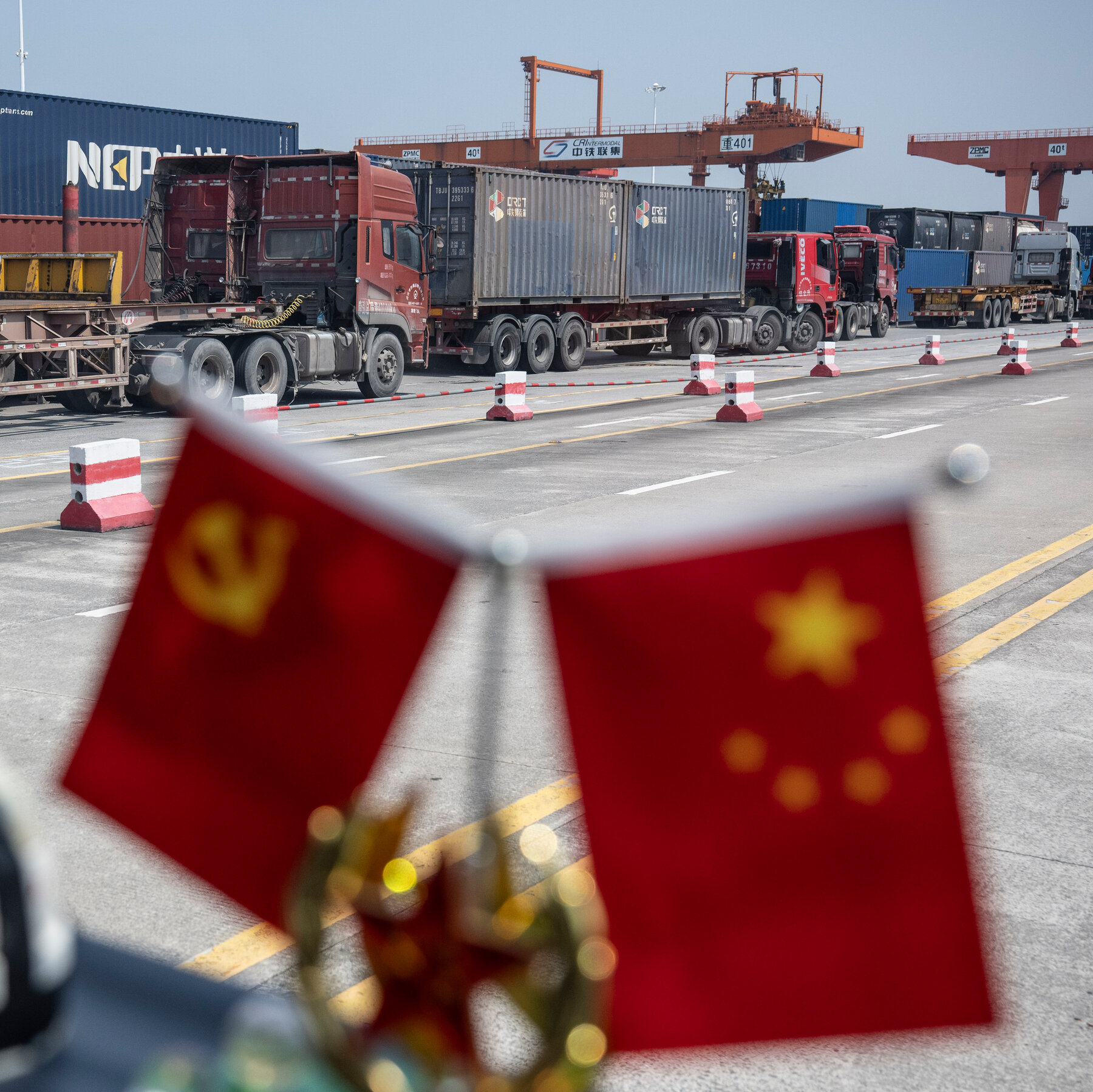Tensions are high between China and the European Union as the two blocs prepare for a difficult summit. China's approach, characterized by assertive "hardball tactics," has set a pessimistic tone for the meeting, which comes against a backdrop of deep disagreements over trade, geopolitics, and human rights.
One of the most contentious issues is trade. The EU has expressed growing frustration over China's industrial policies, which it says lead to an oversupply of heavily subsidized goods, such as electric vehicles, being "dumped" on the European market. In response to the EU's tariffs on Chinese EVs, China has launched its own retaliatory investigations into European products like pork, dairy, and cognac. Beijing is also using its leverage over critical minerals, a move some European officials have described as a "weaponization" of its supply chain dominance.
Geopolitical issues, particularly China's relationship with Russia, are a major source of friction. The EU has accused China of enabling Russia's war effort by supplying dual-use goods and other critical components. China, in turn, has defended its position, stating that its trade with Russia is "business as usual." China's foreign minister reportedly told EU diplomats that Beijing would not accept a Russian defeat, as this would allow the United States to focus its attention on China, a statement that has deepened European suspicion.
The difficult atmosphere is also reflected in the logistics of the summit itself. Originally planned for Brussels, the meeting was moved to Beijing after Chinese leaders declined the invitation. It was also shortened from two days to one. This has been seen by some as a sign of China's hardening stance and its attempt to put Europe on the defensive.
China's strategy appears to be a dual-track one: on the one hand, it engages in a "war of words" with the EU as an institution, while on the other, it attempts to forge closer ties with individual member states that are less concerned about its economic and geopolitical actions. This has heightened fears in Brussels that China is trying to exploit and break Europe's fragile unity. With the US taking a more unpredictable approach to its own trade and foreign policies, Europe is grappling with the challenge of defining its relationship with China and asserting its own strategic autonomy.



 Uncategorized
Uncategorized 21 Jul, 2025
21 Jul, 2025 Madison Scott
Madison Scott